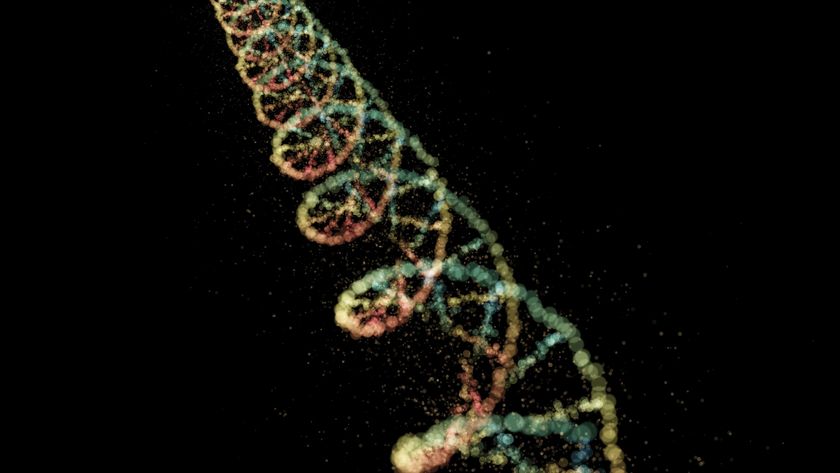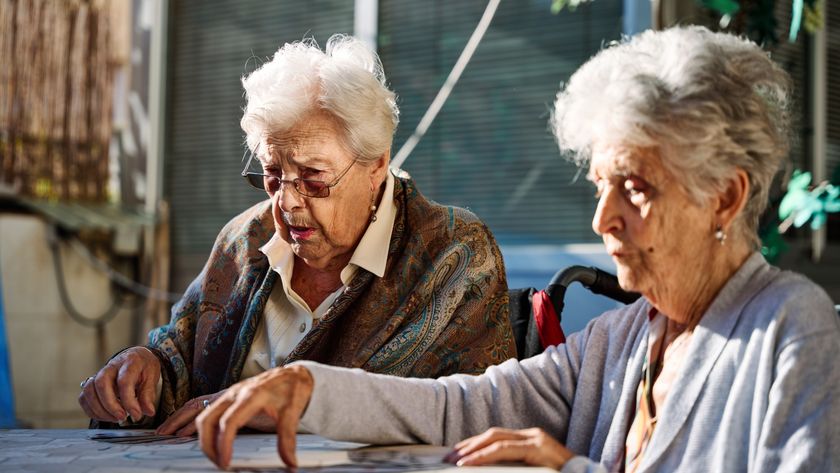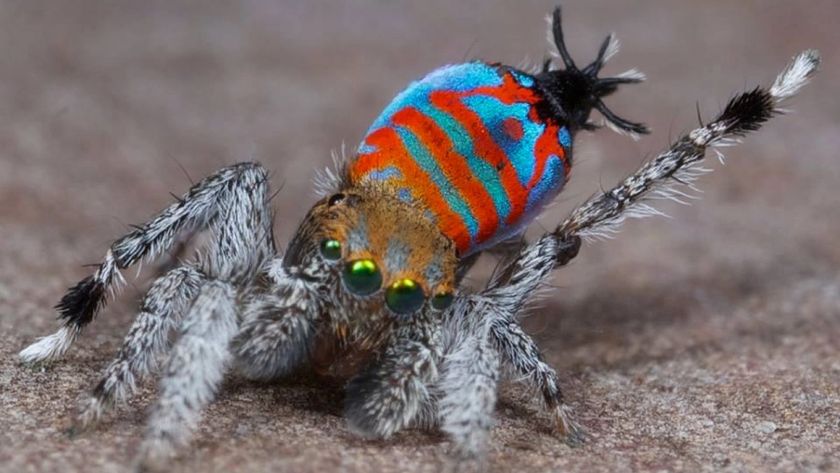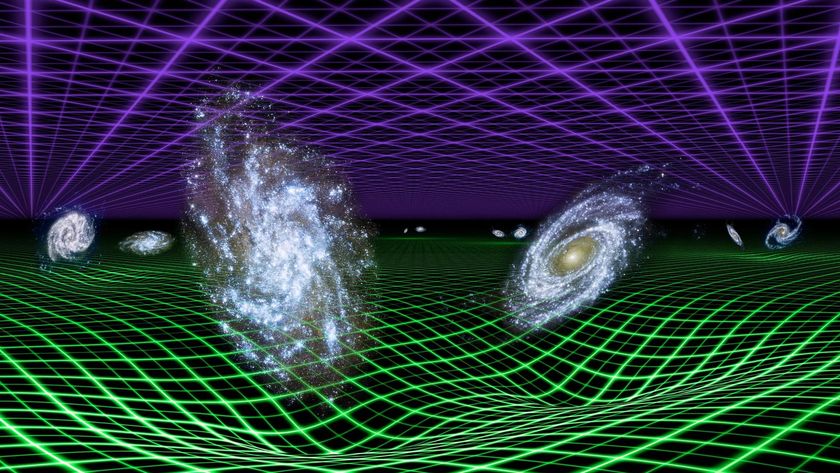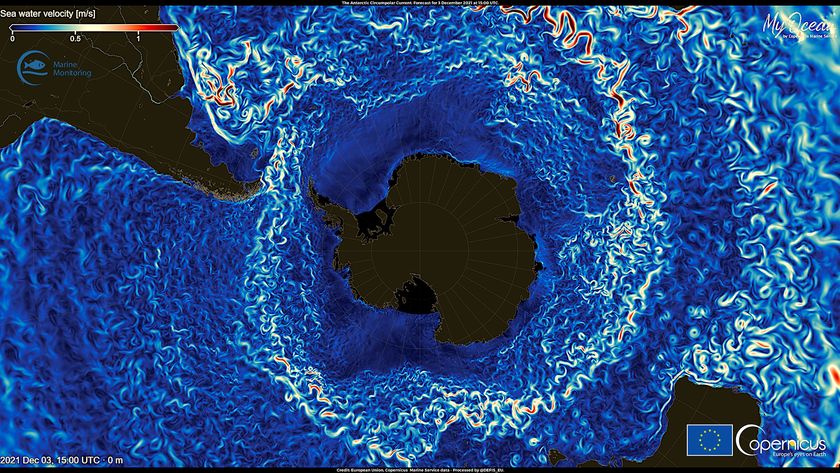Menopause May Speed Up Aging

For women, menopause is a natural part of getting older, but it may also speed up the aging process, a new study finds.
Researchers analyzed information from more than 3,100 women who had gone through menopause. The women gave blood samples so that the researchers could determine each woman's "biological age" — that is, the age of their cells, rather than their chronological age. The researchers determined the cells' biological age by looking at DNA methylation, which is a biomarker linked to aging.
The scientists found that among the women who were the same chronological age, those who went through menopause earlier in life were biologically older than those who went through menopause later in life. [5 Key Nutrients Women Need As They Age]
On average, they found that menopause speeds up cellular aging by 6 percent, said study researcher Steve Horvath, a professor of human genetics and biostatistics at the University of California, Los Angeles' David Geffen School of Medicine. This means that if two women are 50 years old but one woman went through menopause at age 42 and the other went through menopause at age 50, the woman who went through menopause at 42 would actually be a year older, biologically, than the other woman, Horvath said.
The women in the study who'd had surgery to remove their ovaries (which induces menopause) before age 50 were also biologically older than other women in the study, according to an analysis of their blood cells.
"Our study strongly suggests that the hormonal changes that accompany menopause accelerate biological aging in women," the researchers wrote in the study, published today (July 25) in the journal Proceedings of the National Academy of Sciences.
The findings could mean that women who go through menopause relatively early in life may be at increased risk for age-related diseases, or early death, the researchers said.
Sign up for the Live Science daily newsletter now
Get the world’s most fascinating discoveries delivered straight to your inbox.
But future studies may reveal whether treatments for menopause symptoms, such as hormone replacement therapy, could counteract this effect, the researchers said.
Another finding from the new study was that the women who underwent hormone replacement therapy for menopause tended to be biologically younger than other women, according to an analysis of cheek-cell samples.
"The big question is, 'Which menopausal hormone therapy offers the strongest anti-aging effect while limiting health risks?'" Horvath said in a statement.
However, because the new study was conducted at a single point in time, it cannot confirm that menopause is indeed the cause of the accelerated aging. To confirm the results, future studies will have to look at the biological age of women's cells before and after they go through menopause, the researchers said.
A separate study by the same group of researchers found that sleep problems in postmenopausal women were also linked to biological aging. In that study, women with symptoms of insomnia— such as restless sleep, trouble falling asleep and waking up often in the night — tended to be biologically older than women without those symptoms. Menopause is linked with insomnia symptoms — in some cases, because hot flashes and hormonal changes may affect women's sleep.
"Not getting restorative sleep may do more than just affect our functioning the next day; it might also influence the rate at which our biological clock ticks," said study researcher Judith Carroll, an assistant professor of psychiatry at UCLA's Semel Institute for Neuroscience and Human Behavior.
The second study is also published today, in the journal Biological Psychiatry.
Original article on Live Science.

Rachael is a Live Science contributor, and was a former channel editor and senior writer for Live Science between 2010 and 2022. She has a master's degree in journalism from New York University's Science, Health and Environmental Reporting Program. She also holds a B.S. in molecular biology and an M.S. in biology from the University of California, San Diego. Her work has appeared in Scienceline, The Washington Post and Scientific American.
